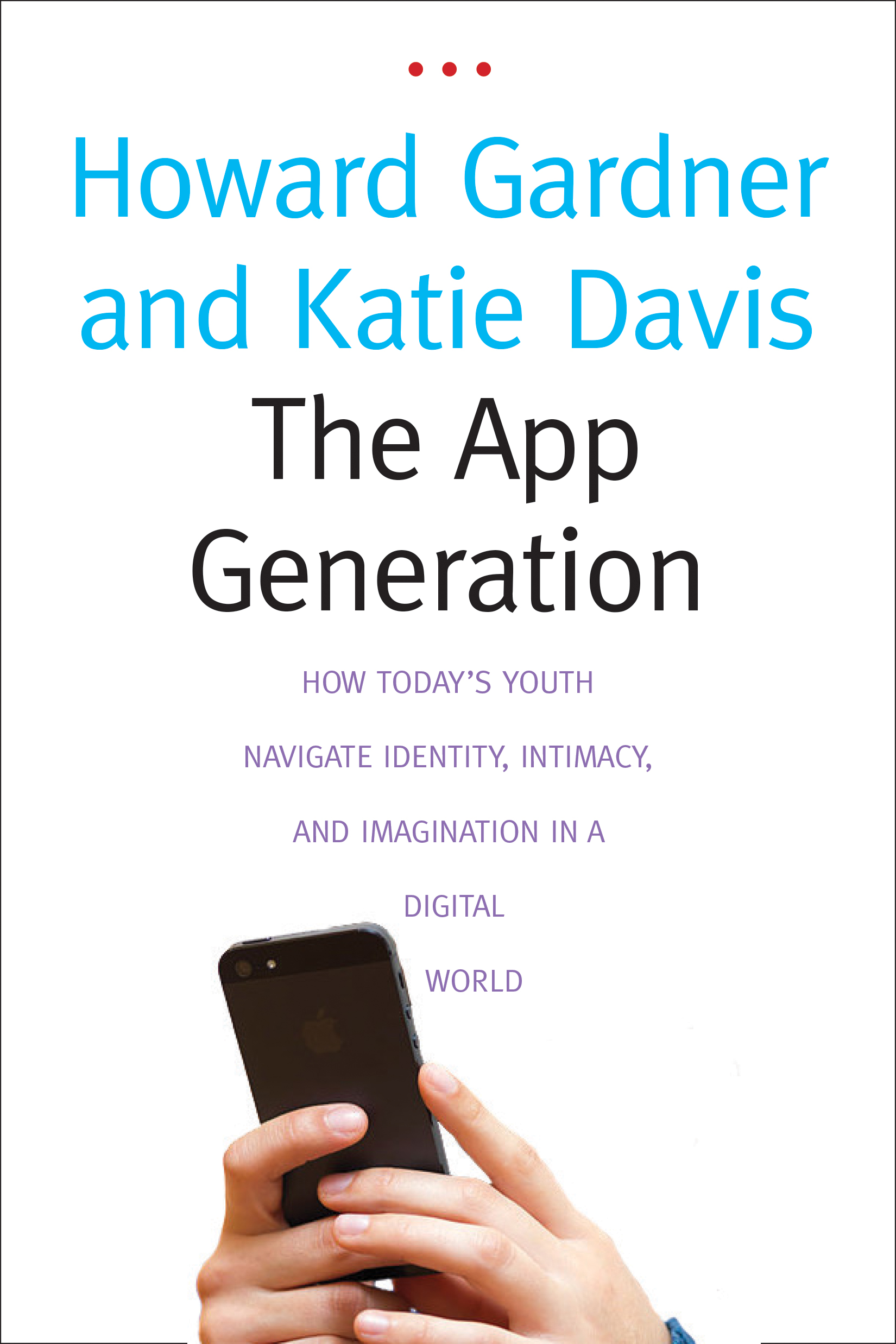Two years ago I graduated from college. Two and a half years ago my then-boyfriend-now-husband was offered a position at a tech company. The kicker being it was on the other side of the country.
After going to college within two hours of home, were we really prepared to pack up and move to the other side of the country? After a week or so of debating and weighing the pros and cons, we decided to go for it. We asked ourselves a myriad of questions before we made our final decision, and in hindsight, some turned out to be much more relevant than others.
If you are on the fence about relocating for a job opportunity, I suggest you consider these questions and your answers very carefully:
1. Do you have a support system?
Yes, you can move on your own and start over in a new place where hardly anyone knows your name, but it’s a lot easier when you know you have people behind you who support your decision.
Making friends outside of work and school is hard. We connect easily to the people who are connected to us by a place or time, but once you start looking to make friends outside of those places it is much more difficult. While most people are friendly, it seems like the older we get, the less people actually want to be friends.
Having an established support system (even on the other side of the country) to keep in touch with will provide you support when you are really worried about things but also will (hopefully) give you the kick in the pants you need to get out of your apartment and make friends.
2. Can you afford to be homesick? Could you get back to your family quickly in an emergency?
Living so far away from our family and most of our closest friends is really tough sometimes. We aren’t able to celebrate many milestones in person and miss out on a lot of bonding time. Occasionally, I want nothing more than to hop on a plane back to the land of the familiar.
It is a luxury to be able to travel at the drop of a hat, and if you the type of person that is really close with and dependent on your family and friends, you’ll need to budget that into your lifestyle.
Additionally, consider the expense of a family emergency. How far is the flight or drive between your new home and your old one? This was something my mom brought up before we made our final decision.
Luckily, because she brought it up well ahead of time, we have set up an emergency travel fund that we can use in case of an emergency with our families. Unfortunately, we had to use it this year when my mom suffered from a ruptured brain aneurysm (see - anything can happen at anytime). Because I was prepared, I was able to be at her side within 12 hours of getting that phone call, and I am extremely grateful that it was something I was ready for ahead of time.
3. Will it be worth it?
Is the job something you really want to do and are interested in? It’s one thing to accept an offer where you are already established and could easily leave the job if it wasn’t what you really wanted. Once you’ve moved and set up shop somewhere else, it could be a lot more difficult to leave your position.
In our case, the company relocated us, however, if we had decided that it wasn’t going to work out, the second relocation expenses would be on us (something we weren’t truly able to afford at the time).
Another thing we considered was the type of jobs in our current area. The type of position my husband was looking for wasn’t readily available and the advancement opportunities and challenges within the position also weren’t favorable. If you are serious about your work, relocating might be worth it just for this aspect - it has been for us so far.
4. Have you ever been to the place you’d relocate to?
Please do your research on your new area. If you can, make a trip out before you make your final decision and give yourself some time to scope at neighborhoods and interact with locals. Look at things like the rent prices across the area, the commute to work, and the public transportation (especially if you won’t have a car). These things are logistical, but if you really dislike the place you live, your commute, etc., it can leave a sour taste in your mouth for your new city before you’ve even had the chance to experience it.
Ultimately, what you put into the pro and con categories will depend on your situation. As you get older, packing up and relocating for a job will be a bit more of a hassle when you have a family with established routines, so right after college is a good time as any to set out on a new adventure. Just make sure you are prepared and good luck!












